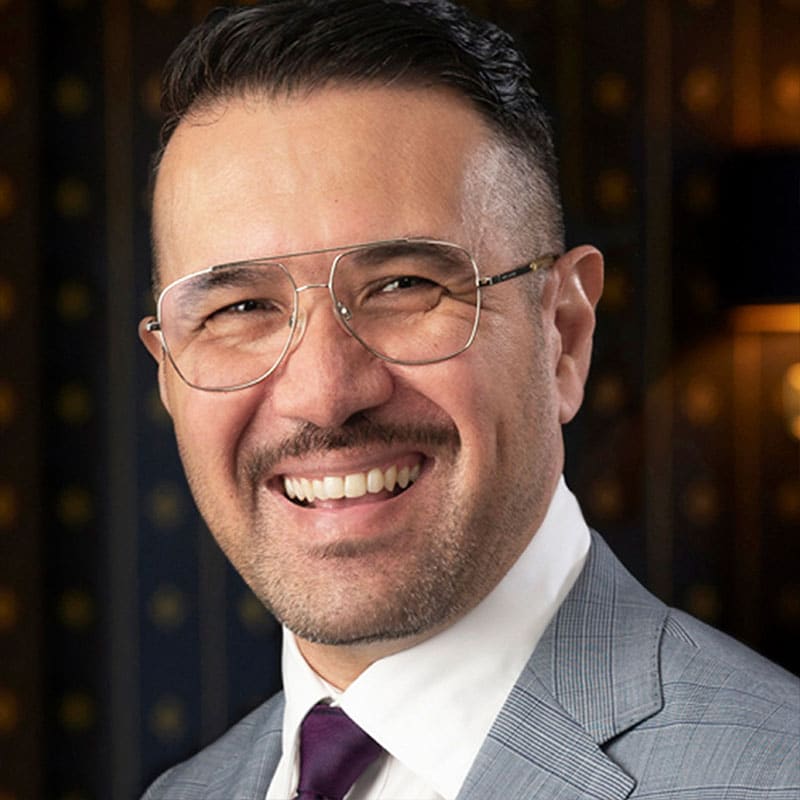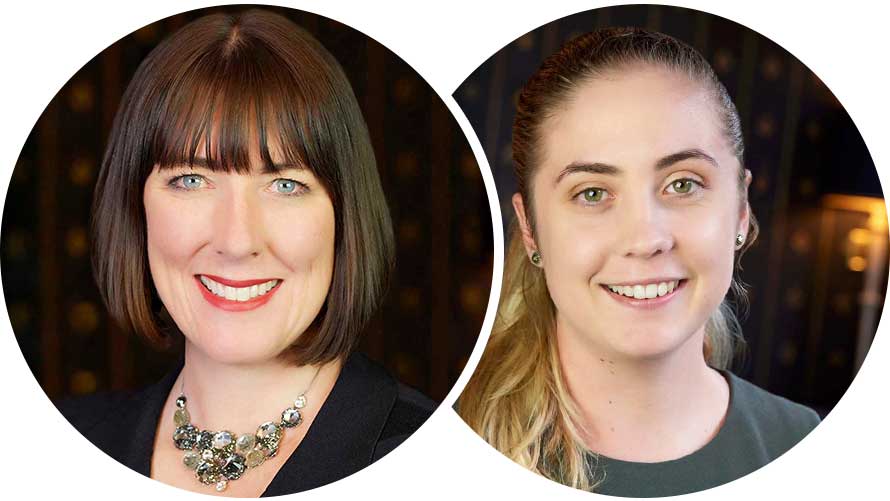On 6 March 2024, the FDA announced its approval of Bristol-Myers Squibb’s Opdivo (nivolumab) for treatment of adults with unresectable or metastatic urothelial carcinoma.
Previously in February 2024 and in December 2023, BMS announced that the FDA accepted its sBLA for neoadjuvant Opdivo® (nivolumab) with chemotherapy followed by surgery + adjuvant Opdivo® in the treatment of resectable stage IIA to IIIB non-small cell lung cancer (NSCLC) and also accepted for priority review its sBLA for Opdivo® in combination with cisplatin-based chemotherapy for the treatment of unresectable or metastatic urothelial carcinoma.






